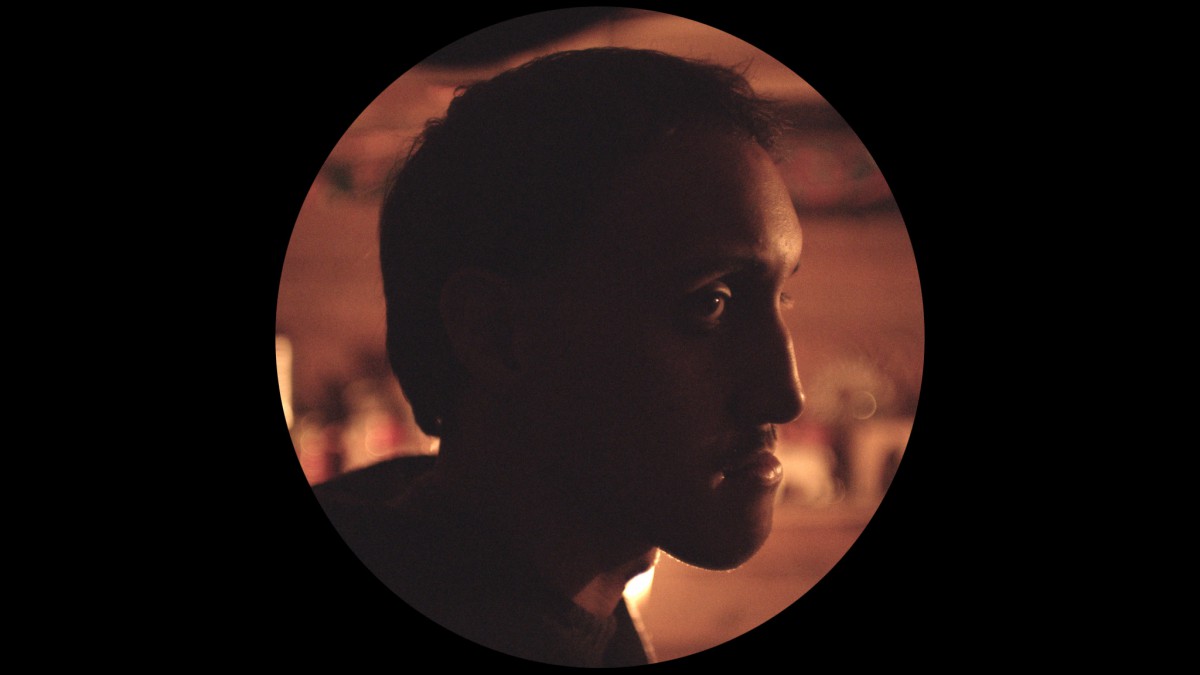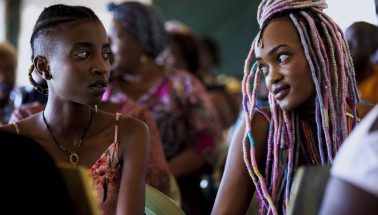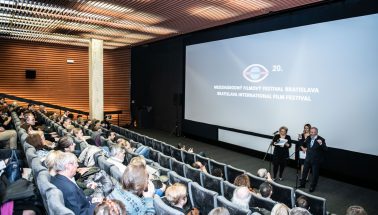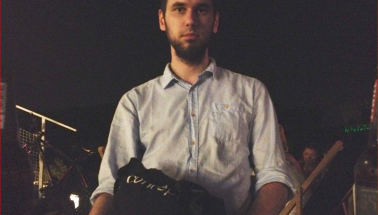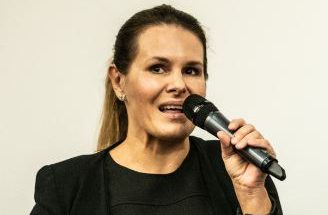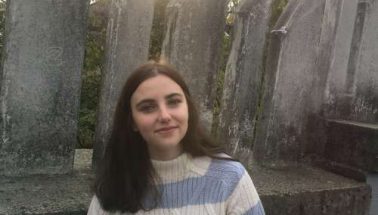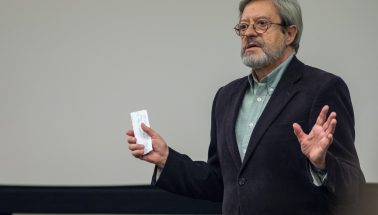17th International Film Festival Bratislava that will take place between November 12 and November 17 will bring you a number of attractive programme novelties. A programme section entitled Lexicon has been introduced in order to acquaint the general public with various nuances of the film language and improve festival-goers’ education in the field of cinema. This year it is dedicated to the issues of picture format and aspect ratio.
This year’s edition of the Bratislava Film Festival features several programme innovations it intends to develop further in years to come. Perhaps the most important one is a brand new programme structure that places greater emphasis on curator sections. They should allow cinemagoers to examine modern filmmakers’ various takes on the phenomenon of family, which has lately became a hot social issue not only in Slovakia; to dedicate a nostalgic remembrance to the era of videotapes; or to get familiar with a specific yet very subtle problem of cinema language in the section exploring picture formats and aspect ratios.
“Lexicon is a brand new programme section, which will from now on focus on particular technical and aesthetic phenomena or means of expression of the film language,” said the section’s curator Tomáš Hudák. “It will explore the ever-evolving cinema language, using concrete films as examples to make various filmographic terms comprehensible to regular cinemagoers. This year, the section is dedicated to the issues of picture format and aspect ratio, demonstrating the possibilities of particular formats as well as invention of filmmakers who have managed to use them to the full or even ventured beyond.”
Every now and then, Bratislava festival-goers are presented a chance to see films that treat the picture format in a creative manner, for instance Mommy, Ida or The Grand Budapest Hotel. While it may seem that recent years have brought a flurry of new releases by directors who refuse to be bound by the conventional picture format, the truth is that filmmakers experimented in this field ever since the dawn of cinema.
The programme section entitled Lexicon: Aspect Ratio will provide a brief yet relatively deep insight into the issue. The selection includes three feature films and a batch of Slovak short films. A kind of cornerstone of the section is Lucifer, one of the most vividly discussed and most progressive motion pictures of the past year that was awarded at the Black Nights film festival in Tallinn, Estonia, and the New Horizons film festival in Wroclaw, Poland. A versatile Belgian artist, director and scriptwriter Gust Van den Berghe shot the film in the round format using a custom-made device called Tondoscope as he strove to capture the endless horizon and simultaneously the delimited nature of Planet Earth.
For his latest picture, Horse Money (Cavalo Dinheiro), Portuguese solitaire Pedro Costa chose once very common but nowadays rather rare academic format with the aspect ratio of 4:3. The format provided a neutral foundation, which increased his freedom in working with the picture and changing the format as he pleased primarily through light and darkness; this ingenuity was undoubtedly one of the reasons why the film clinched the Best Director Award at the Locarno Film Festival.
One of the most celebrated motion pictures of all time, Ben Hur by William Wyler, has made it to the selection as one of the prime examples of using the broad, super-panoramic picture format. An epic story of betrayal and revenge in the times of the mighty Roman Empire, the film has become memorable for its grandiose and spectacular scenes for which no silver screen is simply big enough. The picture will be screened using a renovated digital copy, which will give festival-goers a unique opportunity to see this cinema classic in high-definition picture and sound.
The selection is complemented by seven Slovak short films made between 1959 and 1975 using the anamorphic technology. Cinema buffs can look forward to seeing little known and sometimes experimental films whose creators tested the aesthetic boundaries of the ground-breaking technology revived in the early 1950s. The selection includes, for instance, Variations of Tranquillity (Variácie kľudu) by Dušan Hanák, The Worker X by Dušan Trančík or Angkorvat and That Was Yesterday (To bolo včera) by Vlado Kubenko; the films will present period footage from Cambodia, High Tatra or from the construction of the steel mill in Košice.
For regular updates about the programme of the International Film Festival Bratislava, please visit our official website at www.iffbratislava.sk or our official Facebook account at www.facebook.com/bratislavaiff.
